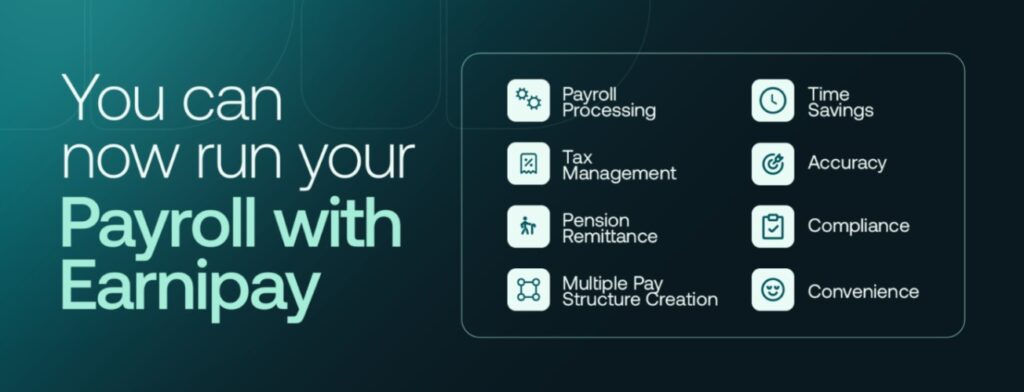As high inflation continues stretching household budgets, more people may rely on flexible payment arrangements or even credit facilities and loans to make ends meet. In an earlier essay, we discussed managing debt; however, with almost 4 in 10 Nigerians in debt, these rising costs can outpace earnings growth, making it difficult to handle daily expenses without turning to borrowing.
Though not widely accepted in Nigeria, credit penetration in Nigeria reportedly rose to 14 percent in June. Based on the current administration’s posturing, credit acceptance might grow even more, but this will largely depend on implementation. The Federal Government announced that it would integrate a credit score system into the National Identification Number to document the credit behavior of every Nigerian under its consumer credit scheme.
While providing immediate financial relief, credit facilities can lead to long-term debt if not managed carefully. It’s essential to be mindful of interest rates and repayment terms to avoid falling into a cycle of debt, especially in an economic environment where every naira counts more than ever.
So what are credit scores? Why do they matter and how you can improve them through responsible borrowing and repayment habits. Understanding these factors will not only help you secure loans in Nigeria but also strengthen your financial health.

What Are Credit Scores and Why Credit Do They Matter?
Credit scores represent an individual’s or business’s creditworthiness, with higher scores indicating better creditworthiness. These scores are calculated based on several factors, including your payment history, amounts owed, length of credit history, types of credit used, and recent credit inquiries.
Credit scores are essential for several reasons. Firstly, they determine whether you’re qualified for loans and what interest rates you’ll be offered. A higher credit score increases your chances of securing a loan in Nigeria with favorable terms. Secondly, credit scores are used by lenders to assess the risk of lending to you. A good credit score signifies responsible financial behavior, making you a more attractive candidate.
Improving Your Credit Score
Improving your credit score requires a strategic approach and consistent effort. Here are some actionable tips:
- Pay Your Bills on Time: Payment history is the most significant factor affecting your credit score. Ensure all your bills, including loans, credit cards, and utilities, are paid on time.
- Reduce Your Debt: Aim to pay down existing debts and avoid accumulating new ones unnecessarily.
- Maintain a Low Credit Utilization Ratio: Your credit utilization ratio is the amount of credit you’re using compared to your total available credit. Keeping this ratio below 30% can positively impact your credit score.

Responsible Borrowing and Repayment Habits
Responsible borrowing and repayment habits are key to maintaining a good credit score. Here’s how you can achieve this:
- Borrow Only What You Need: Before taking out a loan, evaluate your business needs and borrow an amount you can comfortably repay. Overborrowing can lead to financial strain and missed payments.
- Create a Repayment Plan: Having a structured repayment plan helps you stay on track with your loan payments. Consider setting up automatic payments to ensure you never miss a due date.
- Communicate with Your Lender: If you encounter financial difficulties, communicate with your lender immediately. Many lenders offer hardship programs that can provide temporary relief.
For Nigerian entrepreneurs, securing a business loan can be a game-changer. It provides the necessary capital to expand operations, invest in new equipment, or manage cash flow. By understanding and improving your credit score, you increase your chances of obtaining a business loan in Nigeria, paving the way for growth and success.
Credit scores play an important role in your financial journey, especially when seeking a business loan in Nigeria. By understanding what credit scores are, why they matter, and how to improve them, you can position yourself for better loan terms and financial stability.





Leave a Comment